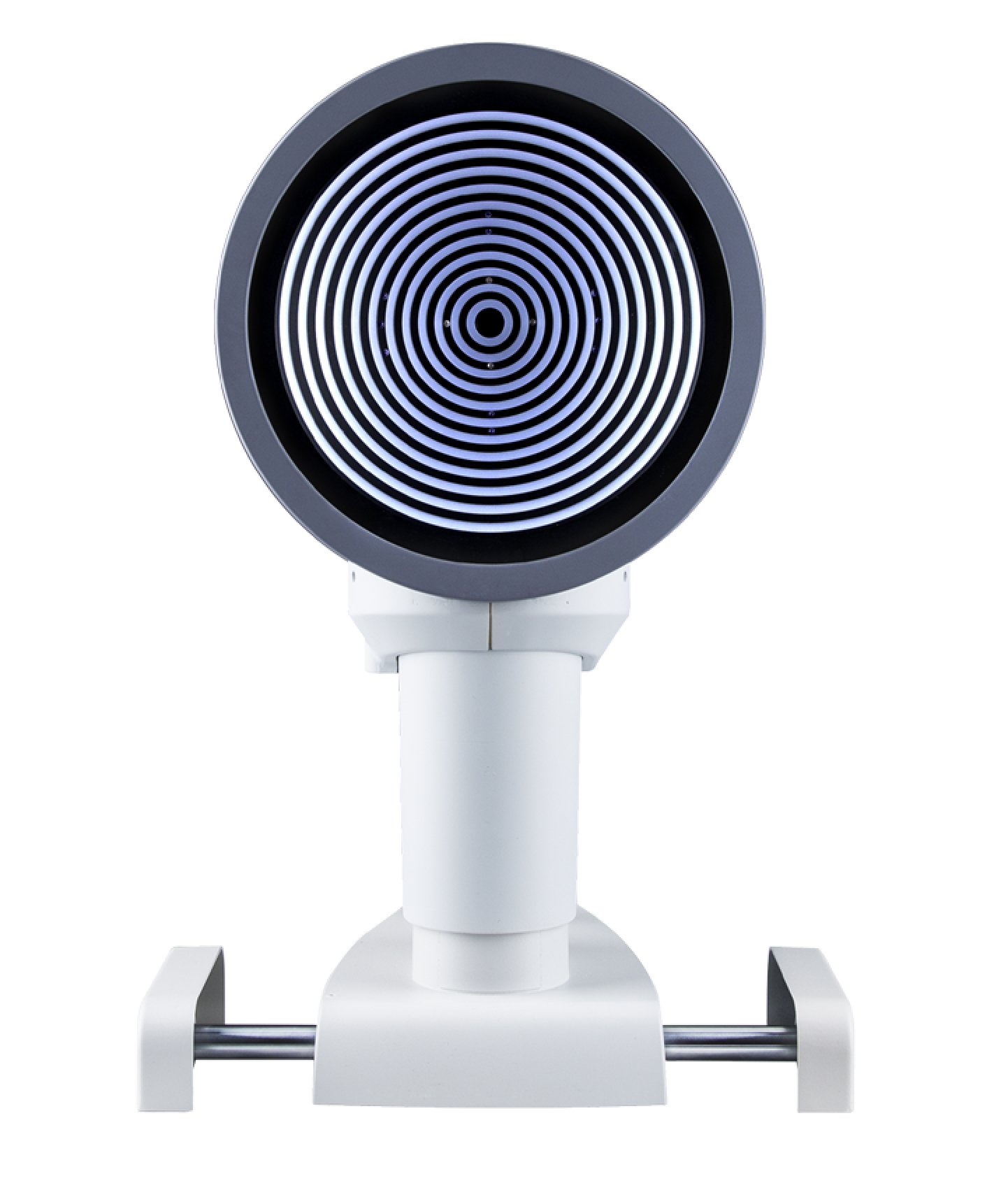Introducing the Premier Dry Eye Screening System: Comprehensive Solutions for Dry Eye Diagnosis and Management
CT-6000D

Corneal Topographer
Discover the future of dry eye care with our advanced Dry Eye Screening System, meticulously designed to tackle the complexities of dry eye diagnosis and management. This system offers a holistic approach, combining detailed assessments with patient education to ensure optimal outcomes.
Comprehensive Diagnostic Capabilities
Our Dry Eye Screening System is equipped to perform a variety of diagnostic tests crucial for accurately identifying dry eye disease. These include:
- Tear Film Analysis and Tear Osmolarity Test: To measure the stability and concentration of the tear film, providing insights into the severity of dry eye syndrome.
- Schirmer Test for Dry Eye and Phenol Red Thread Test: These tests evaluate tear production, essential for diagnosing dry eye conditions.
- Fluorescein Stained Examination: To visualize ocular surface damage that often accompanies dry eye disease.
Advanced Assessment Tools
This system not only assesses basic tear function but also delves into complex evaluations like:
- Ocular Surface Evaluation and Tear Breakup Time (TBUT): To examine the integrity and stability of the ocular surface and tear film.
- Meibomian Gland Dysfunction Screening: Utilizing innovative imaging to assess gland health, a common factor in dry eye.
- Matrix Metalloproteinase-9 (MMP-9) Testing: To detect inflammation markers that are often elevated in dry eye cases.
Effective Management and Treatment Solutions
Our system provides comprehensive management strategies to address the multifaceted nature of dry eye disease, including:
- Artificial Tears and Advanced Dry Eye Treatment: Tailored treatments to enhance ocular surface moisture and alleviate symptoms.
- Dry Eye Prevention Programs: Proactive measures to prevent the progression of dry eye symptoms and promote long-term ocular health.
Educational and Supportive Measures
Understanding that patient cooperation is key to effective management, our system includes:
- Patient Education on Dry Eye: Informative resources and tools to help patients understand their condition and manage it effectively.
- TFOS DEWS II Compliance: Our system aligns with the latest research and guidelines for dry eye disease management, ensuring that both practitioners and patients have access to the most current information.
Why Choose Our Dry Eye Screening System?
- Comprehensive Assessment: From symptoms assessment to detailed ocular surface imaging, our system covers all aspects of dry eye diagnosis.
- Customizable Treatment Options: Tailored management plans that address specific patient needs, from mild to severe cases.
- Innovative Technology: Incorporates the latest advancements in dry eye diagnostics, including digital imaging and inflammatory marker detection.
- Patient-Centric Approach: Focuses on educating patients, which is essential for successful long-term management of dry eye.
Empower your practice with our state-of-the-art Dry Eye Screening System and provide your patients with the highest standard of care in dry eye management. Contact us today for more information or to schedule a demonstration.
- Features
- Specifications
Enochtec's Dry Eye Screening System (CT-6000D) a non-invasive comprehensive ocular surface analyzer, functions include NIKBUT Measurement, NIKTMH Measurement, Meibo-Scan and Imaging, Lipid Layer Filming, R-Scan and Analysis, Etc. Simple and fast to operate to shorten the measuring time with simplified operation process
Basics Specs of Corneal Topographer (CT-6000D)
Measuring Model:Placido Cone
Coverage range of measurement:10.91mm (Diameter)
Measuring range of Curvature radius :5.5mm-1O.Omm(33.75D-61.36D)
Precision:士0.02mm
Placido Rings: 31 Rings
Measurement Points: 7936 Points
Display: Axial Curvature map,Tangential Curvature Map,Elevation Map, Imitated Keratoscope Map and 3D cornea Map
Image:output High-Quality color inkjet printer
Left-Right: 0 to 86mm
Forward-Backward: 0 to 40mm
Up-Down:0 to 30mm
Chin Rest: 0 to 50mm
Cornea Contact Lenses Fitting Function
Keratoconus Detectiong Function